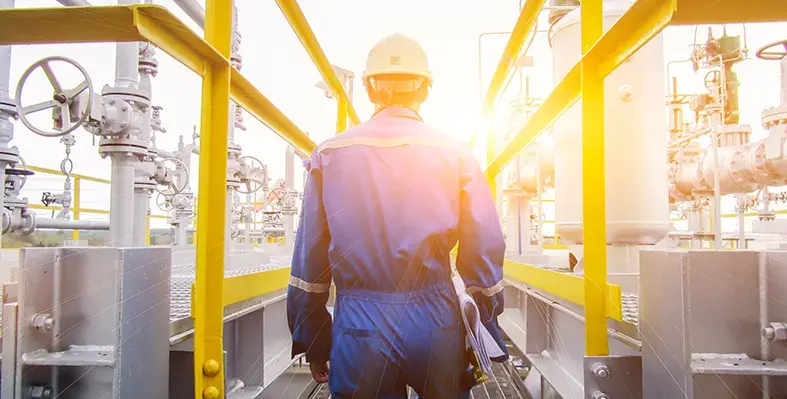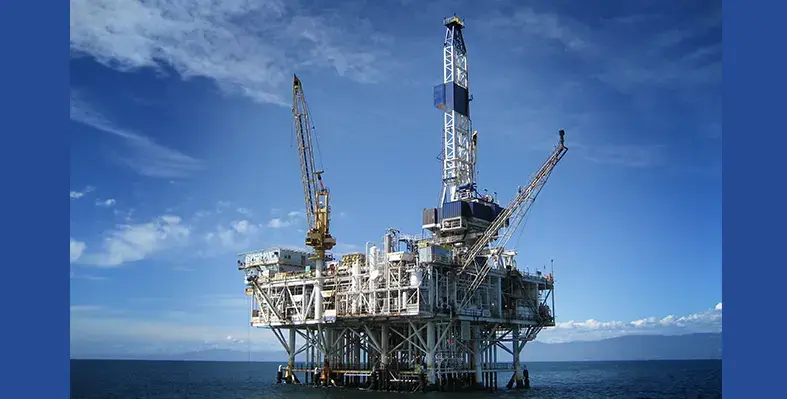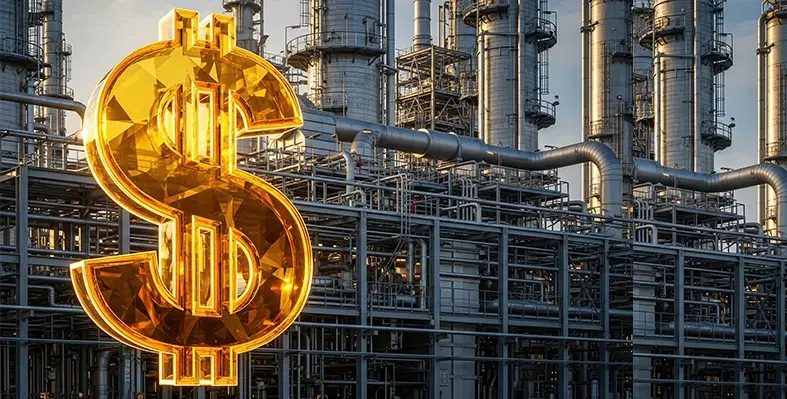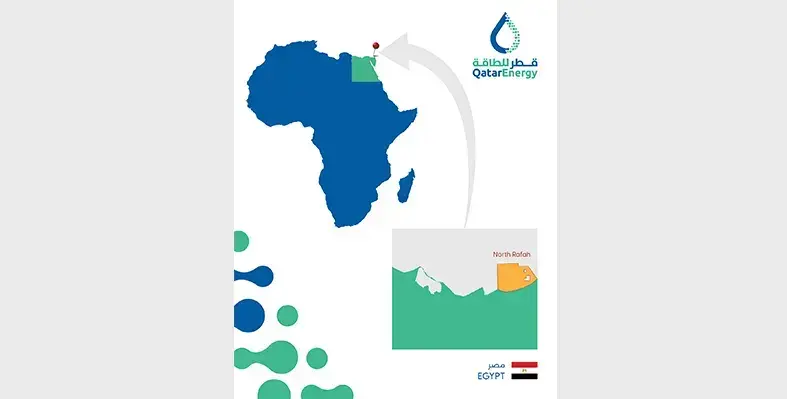The National Oil Corporation (NOC) of Libya has announced a new oil discovery by OMV Austria Ltd – Libya Branch in the Sirte Basin, specifically at well B1 in Block 106/4
Production tests show that this exploratory well, reaching a depth of 10,476 feet, is producing over 4,200 barrels of oil per day, with gas production expected to exceed 2.6 million cubic feet daily.
This well marks the first discovery for OMV in Block 106/4, under the Exploration and Production Sharing Agreement (EPSA) signed in 2008 between the NOC, as the owner, and OMV, as the operator.
Libya has reopened to investors for exploration and development prospects, and recently the region also saw high-quality seismic data acquisition. A survey has been initiated onshore Concession 57 by Libya's Arabian Gulf Oil Company, who collaborated with Polaris and Tay Oil Services to deploy Stryde's onshore nodal seismic solutions.












